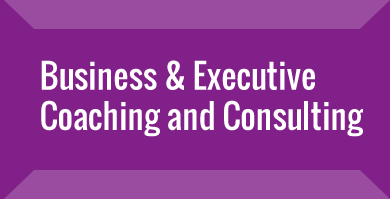For the first time in history, there are five generations working side by side, in the Australian workforce:
- Traditional Generation (born pre-1945),
- Baby Boomers (born 1946 -1964),
- Generation X (born 1965 -1980),
- Generation Y (1981 -1995), and the
- Linkster Generation (born after 1995), all with different needs, expectations and communication styles.
So how do we as managers or co-workers adapt our communications styles, messages and approach to the various generations, as conflicts often arise in a multi-generational environment. So it's helpful to have some understanding of the differences between employees of distinct generations.
Each generation has been influenced by ‘Generational Signposts’.
Generational Signposts are the major historical events, social trends, and cultural phenomena of a generation. Generational Signposts shape ideas about everything from expectations and perceptions about what the working environment will provide and how people should behave as employees, to company loyalty and work ethic.
Here are a range of guidelines for resolving intergenerational conflict:
1. Look at the generational factor. Is this conflict generational, or is there something else going on?
2. Consider the generational values at stake. Each generation is protecting a distinct set of values, and conflict may threaten these values. For example, Baby Boomers value teamwork and buy-in, while Gen Xers prefer to make a unilateral decision and move on.
3. Air different generations' perceptions. When employees of two or more generations are involved in a workplace conflict, they can learn a great deal by sharing their perceptions. For instance, a Traditional may find a Gen Yer's lack of formality and manners offensive, while a Gen Yer may feel dismissed when this older employee fails to respect her opinions.
4. Find a generationally appropriate fix. You can't change people's life experience. You can work with the set of workplace attitudes and expectations that come from it. So, for instance, if you have a Boomer who is frustrated by a Gen Yer's lack of experience, turn the Boomer into a mentor.
5. Find commonality and complements. When we study generations, some common and complementary characteristics emerge - and these can be exploited when dealing with conflict between them. For instance, Boomers and Generation Y employees both tend to value security and stability. Gen X and Gen Y employees place a high value on workplace flexibility and work-life balance. Gen Y and Linksters are technologically adept and committed to socially responsible policies.
6. Learn from each other. Each generation has valuable lessons to teach the next. For example, Traditionals and Boomers have a wealth of knowledge and tricks of the trade that younger workers need. Generation X employees are widely known for their fairness and mediation abilities. Generation Y workers are technology wizards. And Linksters hold clues to future workplace, marketing, and business trends.
Reference: ‘Generations Inc.: From Boomers to Linksters – Managing the Friction between Generations at Work’, by Meaghan Johnson.



























